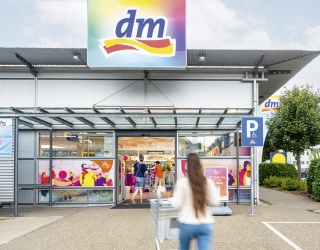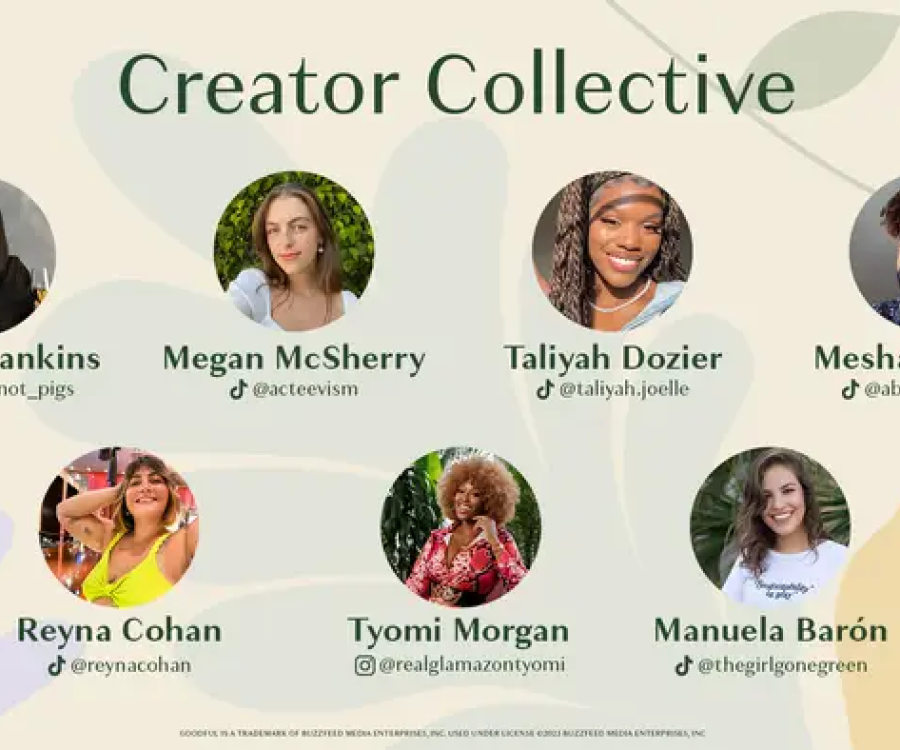
Lithium Technologies today announced findings from its State of Social Engagement 2016 study for the retail industry that uncovers how well Fortune 1000 retail brands are engaging with consumers across social platforms. The study revealed that the retail industry did well in interacting with their consumers, providing insights into the products they sold, posting content about getting the most from those products and often linking to promotions that can drive sales.
The stakes are higher than ever for retailers this holiday season, with the National Retail Federation estimating that holiday sales will increase to $656 billion this year. The State of Social Engagement showed that retailers are prioritizing engagement, collaboration with influencers and online communities in order to bolster customer satisfaction, and ultimately sales. As retail brands seek to garner attention from consumers during the holiday rush, it is crucial for them to engage, listen and respond to customers on social media. In fact, Twitter found that customers are willing to spend up to 20% more with a brand if that brand responds to their social media activities.
The State of Social Engagement unveiled the tactics retail brands are successfully using on social media:
- Amazon and Sephora were at the top of the rankings with the highest engagement on online communities, strong visual storytelling, appropriate use of each social channel and content integration across channels.
- Target performed well in co-creating content with influencers.
- All eight brands surveyed leveraged Instagram for visual storytelling, with The North Face and Sephora doing so most successfully.
- The majority of the eight retail brands surveyed focused their content on converting, persuading and support. Sephora and Target both had the most "convert" content – defined as linking to a microsite where the consumer can make a purchase or learn where to buy.
"With the holiday rush right around the corner, it's a crucial time for retail brands to ramp up their social strategy," said Katy Keim, CMO of Lithium Technologies. "The results of our study show that the brands responding to customers quickly and creating personalized experiences on social to guide their purchases do well in boosting customer satisfaction, loyalty and ultimately, sales."
In particular, the State of Social Engagement uncovered the areas of social media where retail brands succeed over the other surveyed industries (telecommunications, consumer products, travel & hospitality, financial services, media, technology and pharmaceuticals):
- Engagement: Of the industries surveyed, the retail industry ranked at the top when it came to engaging consumers. In fact, the top five most engaging brands in the study were all from the retail industry. The brands with the highest engagement scores also tended to have the highest Klout scores. As a top performer, the retail industry also had the highest average scores for Facebook and Twitter engagement.
- Influencer Collaboration: Very few brands in the survey used influencer collaboration well, but those in the retail industry performed best, with Target being a standout. Influencer co-creation helps "amp up" sharing and opens the brand to exposure among the influencers' followings. Retail was the only industry that used all six major social channels studied (Facebook, Twitter, Instagram, Pinterest, YouTube and online communities).
- Online communities: Retail brands were among the most adept at using online communities to drive deeper understanding about their products and provide answers to consumers' product questions.









